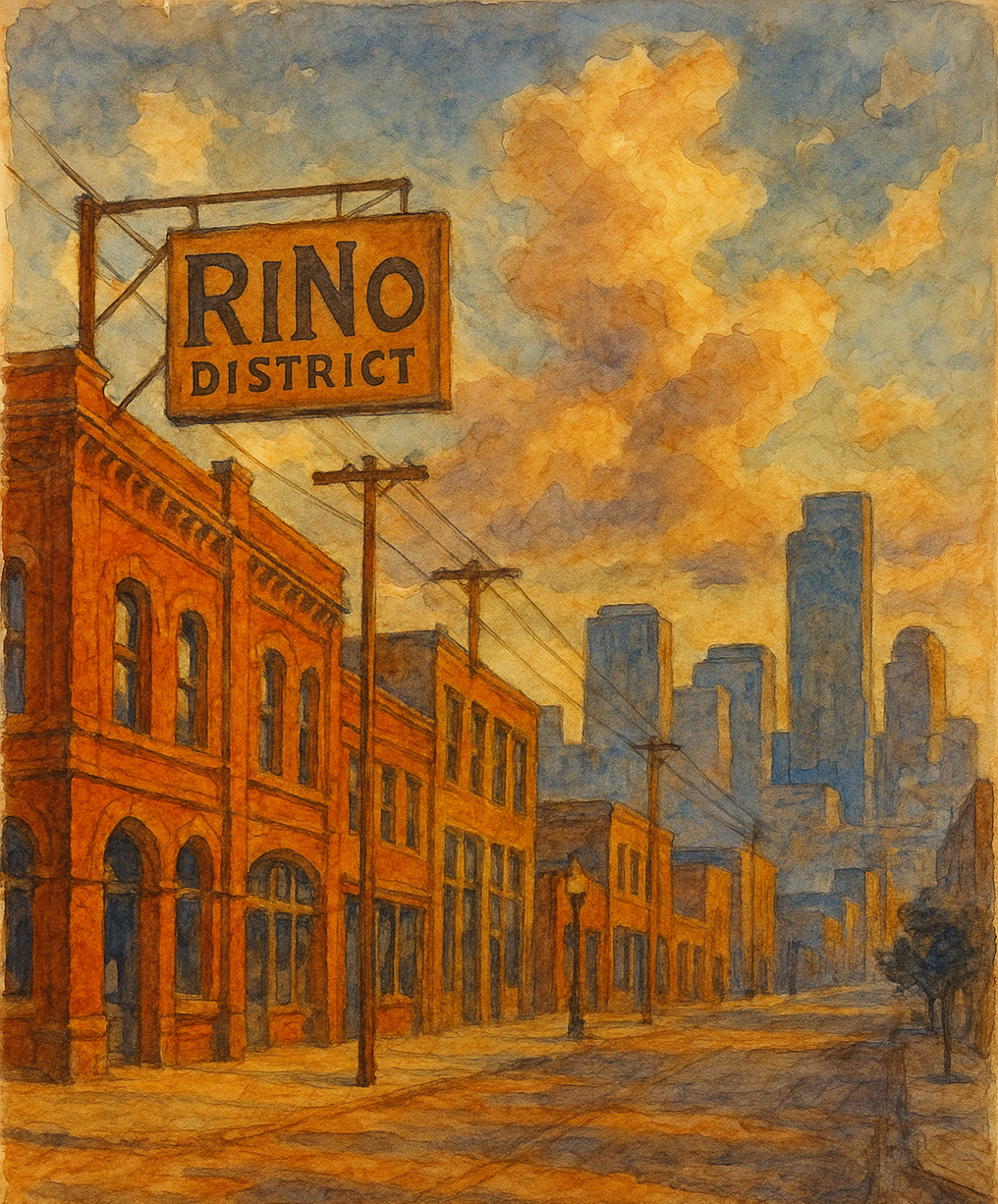How Two Filipina Friends Built a Cultural Beacon, One Purple Latte at a Time
In a quiet corner of Denver’s RiNo district, tucked between graffiti alleys and industrial facades, the city’s first Filipino coffee shop did not begin with fanfare. It began with steam.
It rose softly, carrying the scent of ube—a purple yam, long celebrated in Filipino desserts—now frothed into a latte, poured by two women whose friendship spanned from high school hallways in Washington State to motherhood, and then into business. Behind the counter stood Chelsey and Hannah, co-founders of Coffee Sarap, a café whose origins lie not in Silicon Valley funding rounds or franchising ambitions, but in something older and far more intimate: memory.
Their journey began modestly. A cart. A shared space. A dream served from behind Cakeheads Bakery, where they tested their bold thesis: that heritage, when served hot with oat milk and brown sugar, could resonate just as deeply as trend or terroir. Their first drinks—an ube latte, a pandan cold brew, a rice-and-espresso fusion called Mestiza—weren’t designed to go viral. They were designed to remember.
They did.
Ancestral Memory in a Paper Cup
Coffee Sarap emerged in a landscape already teeming with third-wave roasters and design-forward cafés. But none had what Chelsey and Hannah carried: a cultural blueprint made liquid. Their house-made syrups—earthy ube, floral pandan, coconut cream—became expressions of identity, handed out one cup at a time.
There is something quietly radical about what they built. While most coffee entrepreneurs hedge on flavor, afraid to alienate the palette of the American mainstream, Coffee Sarap leaned in—proudly. The ube was unfiltered, thick with tradition. The pandesal buns were soft with history. Even the silvanas—Filipino cashew-meringue cookies—had an emotional gravity for those who hadn’t tasted them in decades.
Customers came. Many left changed.
One woman, as Chelsey recalls, brought her mother to the cart. She took a bite of silvana and wept.
“She hadn’t tasted that since she left the Philippines.”
The Breakaway
In February 2024, after two years of cart-based service, Chelsey and Hannah made a leap that most small business owners only whisper about: they gave up the security of shared space and built their own. A standalone café—3460 Larimer Street—with tall white walls, soft lighting, and the rhythmic pulse of lo-fi music floating beneath Tagalog folk tracks.
It was risky. Rent was real. Traffic wasn’t guaranteed. Yet for the founders, the decision was not about scale—it was about sovereignty. For the first time, they could control not only the drinks, but the environment: the playlist, the art, the seating, the community events. Every element was intentional.
The café opened with grace. A muted riot of pastel tones and quiet pride. The ube latte, their signature, remained untouched. The Mestiza became a cult favorite. And the events—AAPI mixers, queer artist nights, Pride collaborations—reimagined what a coffee shop could be: a gathering place not for consumers, but for kinship.
No Capital, No Compromise
In an era where startup stories are often measured in funding rounds and exits, Coffee Sarap stands as an anomaly. They have raised no venture capital. They’ve taken no angel checks. Everything—every bottle of syrup, every hand-painted sign, every event—has been funded through operations and belief.
This decision, too, was intentional. As Chelsey has noted, to bring in outside capital too early would have risked diluting the very thing that made their café matter: its rootedness. Instead, they have grown slowly, deliberately—testing ideas, expanding the menu, building a loyal clientele.
And there is growth. With catering now a core service, their cart has returned—this time to weddings, AAPI festivals, and business events. Retail possibilities loom on the horizon: bottled syrups, branded gift cards, and a mentorship platform for other immigrant food founders.
But expansion will not come at the expense of essence.
“We don’t just serve coffee,” they write.
“We serve memory.”
A Blueprint for the Brave
What Chelsey and Hannah have built is not a business model. It’s a blueprint.
For women.
For immigrants.
For creatives whose ideas begin not on spreadsheets, but in kitchens.
For founders who wonder whether what they carry is “too niche” to scale.
Coffee Sarap proves otherwise.
In a city where coffee shops rise and fall with algorithmic branding and AI churned business plans, theirs is a story written in hand-poured lattes and whispered Tagalog. It is a story of two women who chose to center heritage—not for performance, not for profit, but for permanence.
They serve memory in a cup.
They serve identity on a plate.
And somehow, in the swirl of steamed milk and purple yam, they’ve built something rare:
A business that doesn’t just sell. A business that belongs.
Coffee Sarap is open Tuesday through Sunday in Denver’s RiNo district.
No reservations, just stories.
